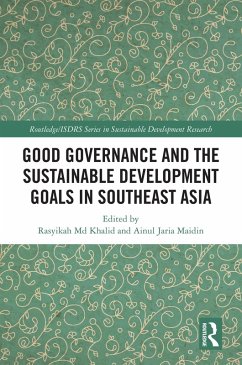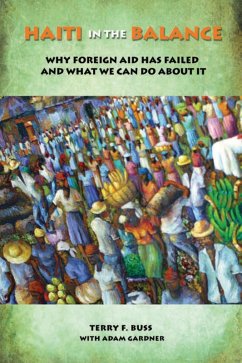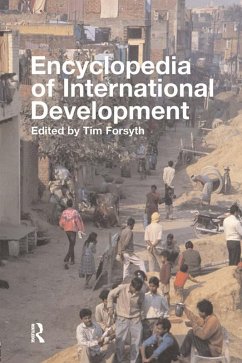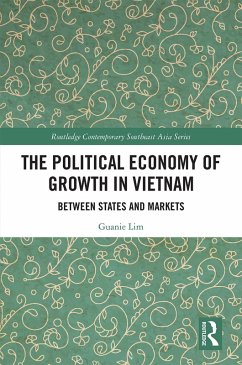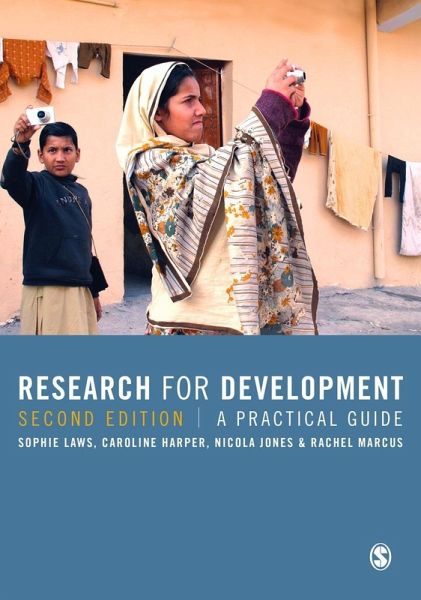
Research for Development (eBook, PDF)
A Practical Guide
Versandkostenfrei!
Sofort per Download lieferbar
45,95 €
inkl. MwSt.
Weitere Ausgaben:

PAYBACK Punkte
23 °P sammeln!
Research for Development offers a comprehensive guide to commissioning, managing and undertaking research in development work. It serves both as a practical reference manual and an indispensable learning tool.Divided into three parts, the book provides a complete overview of the research process spanning:- the uses, planning and management of research- reviewing existing evidence- learning development research skills- choosing research methods- undertaking ethical research- writing an effective research report- promoting research uptake and assessing research- monitoring and evaluationThis ful...
Research for Development offers a comprehensive guide to commissioning, managing and undertaking research in development work. It serves both as a practical reference manual and an indispensable learning tool.
Divided into three parts, the book provides a complete overview of the research process spanning:
- the uses, planning and management of research
- reviewing existing evidence
- learning development research skills
- choosing research methods
- undertaking ethical research
- writing an effective research report
- promoting research uptake and assessing research
- monitoring and evaluation
This fully revised second edition also includes a new section on how to use the internet for research. Its 16 chapters are enriched by a variety of international case studies, checklists of key points, learning exercises, helpful references to further reading and engaging illustrations. The book also includes a detailed glossary of terms.
Drawing on considerable hands-on experience, Research for Development is an ideal practical companion for students of development studies and public policy, as well as practitioners in the field.
Cover image © Jenny Matthews / World Vision/ PhotoVoice
Divided into three parts, the book provides a complete overview of the research process spanning:
- the uses, planning and management of research
- reviewing existing evidence
- learning development research skills
- choosing research methods
- undertaking ethical research
- writing an effective research report
- promoting research uptake and assessing research
- monitoring and evaluation
This fully revised second edition also includes a new section on how to use the internet for research. Its 16 chapters are enriched by a variety of international case studies, checklists of key points, learning exercises, helpful references to further reading and engaging illustrations. The book also includes a detailed glossary of terms.
Drawing on considerable hands-on experience, Research for Development is an ideal practical companion for students of development studies and public policy, as well as practitioners in the field.
Cover image © Jenny Matthews / World Vision/ PhotoVoice
Dieser Download kann aus rechtlichen Gründen nur mit Rechnungsadresse in A, D ausgeliefert werden.





